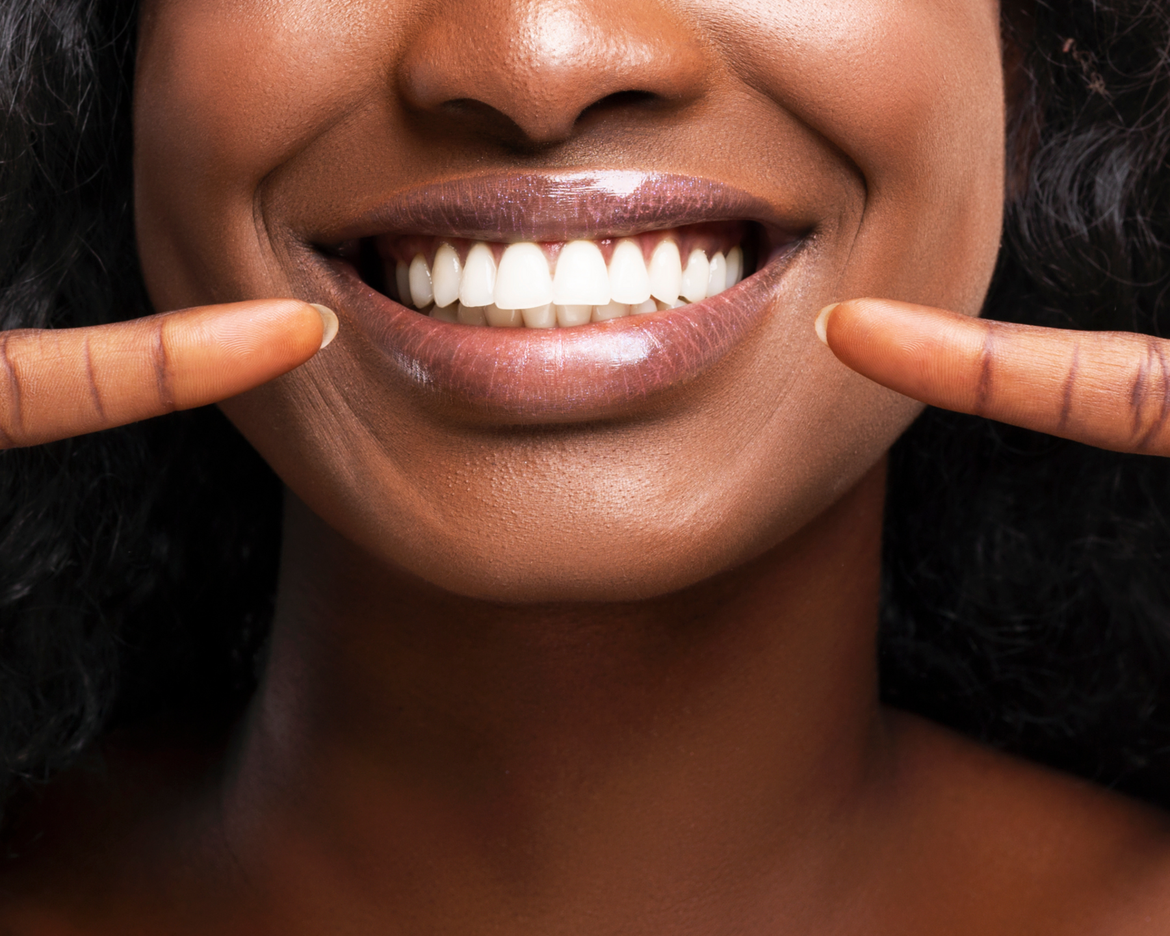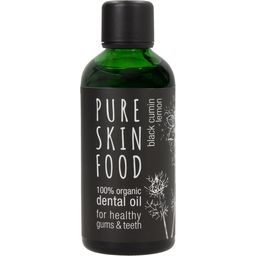

Oil Pulling: Benefits for Dental Health
There is a lot of hype surrounding oil pulling, and rightly so. It sustainably improves oral hygiene in only 7 days! Getting the hang of it is super easy and quickly integrated into the morning routine.
Have you already made your own experiences with the Ayurvedic miracle cure for improved oral hygiene? Are you still looking for the right product for oil pulling? Or, are you simply curious to find out how it works? Well, we're dishing it all out in today's blog post.
What is oil pulling?
Oil pulling is a millennia-old Ayurvedic method for cleansing the oral cavity. Many people are currently enthusiastically finding out about this age-old method.
Oil pulling is so easy:
A tablespoon of plant oil is swirled to and fro in the mouth and spaces between the teeth. The resulting emulsion is then spat out and the mouth is rinsed with warm water.
Sesame oil is traditionally used for oil pulling, but other vegetable oils, such as coconut oil or olive oil, are also quite popular. In Ayurvedic natural healing practises, oil pulling is said to be effective against a variety of discomforts, such as migraines, PMS, and plenty more. Unfortunately, there are hardly any scientific studies that can back these claims.
So what is it really about?
The most notable contribution of oil pulling to oral hygiene is the increased removal of microorganisms from the teeth, interdental spaces and the entire oral cavity. The associated reduction in dental plaque has a number of positive effects because plaque is the first factor towards unpleasant symptoms such as
- tooth decay,
- tartar,
- inflammation of the gums and
- periodontal disease
How does oil pulling work?
Most of the bacteria found in dental plaque have a hydrophobic cell surface, which means that they prefer oil to water. It is therefore often assumed that they accumulate in the oil phase during oil pulling and can thus be eliminated. It is more likely that the bacteria act as emulsifiers and are found at the boundary between tooth oil and saliva, i.e. hydrophobic bacteria.
A number of vegetable oils that can be used for oil pulling also have antimicrobial properties. This effect can be enhanced by adding essential oils. Depending on the raw material used, essential oils are effective against a wide variety of bacteria and fungi. Taking care of the oral mucosa, the tongue and the gums with the right mixture of vegetable oils and essential oils not only counteracts inflammation but also strengthens the tissue through the supply of nutrients. The swirling motion promotes circulation whilst performing the oil pulling ritual.
Can one skip brushing one's teeth when following an oil pulling method?
No! Cleaning the surface of the teeth takes longer with an oil pulling method as opposed to brushing the teeth because dental plaque is a biofilm made up of many layers of microorganisms. However, by performing the oil pulling method, areas are reached that are inaccessible or overlooked with other cleaning methods.
A dental oil that is gentle on the surface of the teeth and does not contain abrasive particles should therefore be used as a supplement to brushing and should not replace it.
The PURE SKIN FOOD Organic Tooth Oil black cumin | lemon
The 100% organic tooth oil by PURE SKIN FOOD combines all these properties through a balanced formulation of base oils and essential oils, it:
- reduces dental plaque and the effects thereof (e.g. tooth decay and periodontitis),
- has an antimicrobial and anti-inflammatory effect,
- strengthens and regenerates the tissue,
- has an antiallergic effect thanks to black cumin oil
- and soothes the airways.
In addition to sesame oil used in traditional Ayurvedic methods, the Tooth Oil by PURE SKIN FOOD contains calendula extract infused in olive oil as well as black cumin oil. The composition of essential oils, such as lemon, peppermint and cinnamon, has an antimicrobial effect against a number of bacteria, viruses and fungi and leaves your mouth feeling wonderfully fresh.
Dr Nicole Doyle
Magazine Articles:
-
Delivery in 3 business days.
We deliver worldwide to
more than 40 countriesSecure payments
with SSL encryption technology

